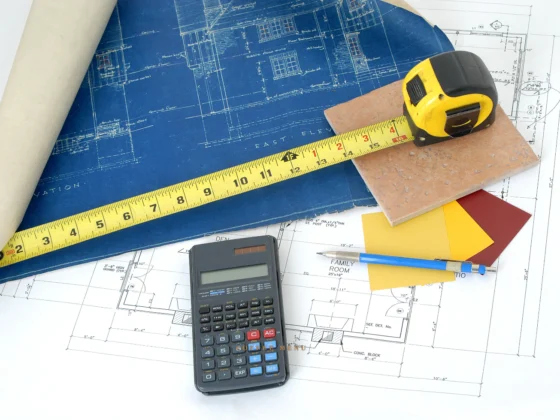Navigating the world of construction loans can be challenging, especially when you factor in the complexities of tax implications. Whether you’re a property developer or a first-time builder, understanding how construction loan rates affect your taxes is crucial for long-term financial planning. In this guide, we’ll discuss the intersection of construction loan rates and tax liabilities, and why consulting a tax debt attorney can make a significant difference.
The Basics of Construction Loan Rates
Before diving into the tax considerations, it’s essential to understand how construction loan rates work. Unlike traditional home loans, construction loans are short-term and typically have higher interest rates. These loans are designed to cover the cost of building a new property and are often paid out in increments as construction milestones are achieved.
Tax Implications of Construction Loan Rates
When it comes to tax season, the interest you pay on a construction loan can have significant implications. Generally, the IRS allows you to deduct interest on mortgage loans, but when it comes to construction loans, the rules are a bit more nuanced. Here’s what you need to know:
Interest Deduction Eligibility
To qualify for a mortgage interest deduction, the property must be your primary or secondary residence. If you’re building a home that you plan to occupy, you may be eligible to deduct the interest paid on your construction loan. However, the IRS usually limits this deduction to the first 24 months of construction.
Investment Properties
If you’re constructing an investment property, the interest you pay may be treated differently. Instead of a standard mortgage interest deduction, you may be able to capitalize the interest, meaning you add it to the cost basis of the property. This could impact your future tax liabilities when you sell the property.
Consult a Tax Law Firm for Guidance
Because of the intricate rules surrounding construction loan rates and tax deductions, it’s often beneficial to consult a tax law firm.
A tax attorney can guide you through the nuances of IRS regulations, ensuring that you maximize your tax benefits while staying compliant. For instance, they can help you understand whether to claim the interest as a deduction or to capitalize it based on your specific situation.
If you need additional guidance on tax issues in Miami, FL visit https://www.jdavidtaxlaw.com/miami-tax-attorney/ to learn more.
Plan for the Future: Construction Loan Rates and Tax Strategies
The key to successfully managing construction loan rates and their tax impact lies in strategic planning. Here are some steps to consider:
- Monitor Interest Payments: Keep detailed records of all interest payments made during your construction project. This documentation is crucial for calculating potential tax deductions or capitalization.
- Consider Your Property’s Purpose: Determine early on whether the property will be your primary residence or an investment. This decision affects how the interest is treated for tax purposes.
- Stay Updated on Tax Laws: Tax laws are constantly evolving. Make it a priority to stay informed about any changes that may impact your construction loan and overall tax liability.
Conclusion
Understanding the tax implications of construction loan rates is essential for any builder or developer. By planning strategically and consulting the right professionals, you can minimize your tax liability and set your projects up for financial success. Remember, the earlier you address these concerns, the better prepared you’ll be when tax season arrives.If you’re unsure about your tax obligations or need personalized guidance, don’t hesitate to reach out to a tax professional. Whether it’s a tax law firm or a tax debt attorney, having an expert on your side can simplify the process and help you avoid costly mistakes. They can provide tailored advice based on your construction project, ensuring you’re making the best financial decisions.



